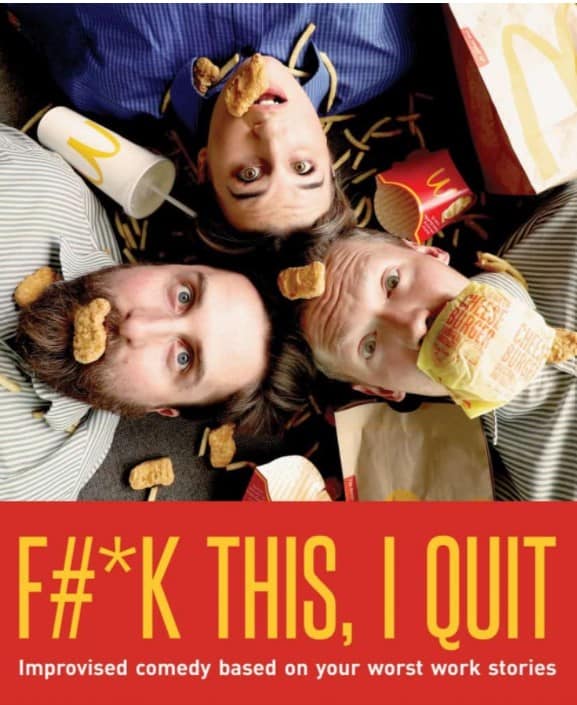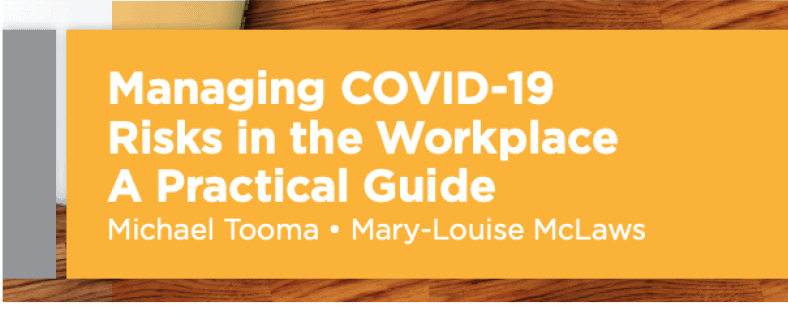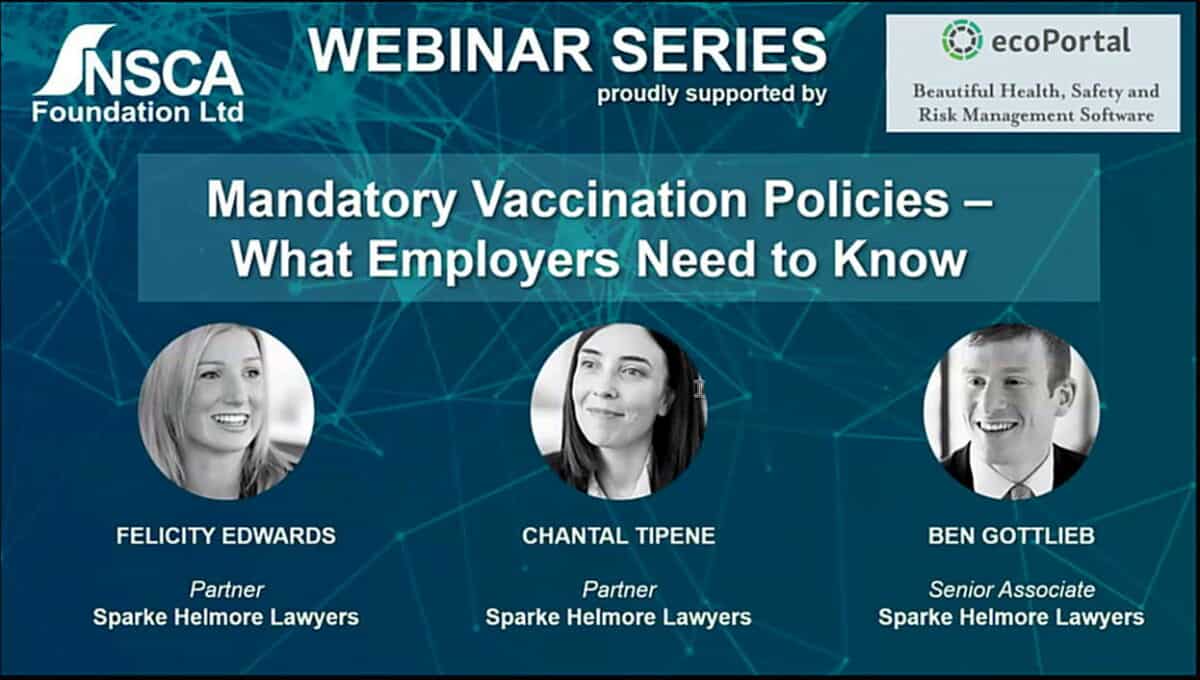Late last year, lawyer Michael Tooma and epidemiologist Mary-Louise McLaws published “Managing COVID-19 Risks in the Workplace – A Practical Guide”. Given how COVID-19 is developing variants, one would think that such a hard copy publication would date. However, the book is structured on the occupational health and safety (OHS) obligation of managing risks, and whether the variant is Delta, Omicron or Omega (if we get that far), the OHS principles and risk management hold up.
Category: COVID19
Australia’s Prime Minister shows his ineffectiveness on OHS and COVID
Pragmatism was a theme of yesterday’s blog article. On January 19 2022, Prime Minister, Scott Morrison, showed political pragmatism in his press conference. His comments could create more discomfort between State and Federal jurisdiction and more occupational health and safety (OHS) confusion for business owners and employers.
Where do you see yourself in five years’ time?
Occupational health and safety (OHS) laws continue to be relevant even when operating in a time of a highly infectious pandemic, but they are increasingly sidelined.
At the moment there are labour shortages in Australia because of the large number of workers infected, and affected, by the Omicron variant of COVID-19; a shortage exacerbated by the varying isolation and testing regimes applied by the Federal and State governments. It is a bit of a mess.
It is worth reminding ourselves that employers have a duty to proved a safe and healthy work environment with the support of employees. Employees are obliged to not allow hazards to be brought to work. At the moment, some employees are being encouraged or required to return to work if they are showing no COVID-19 symptoms; if they are asymptomatic. But everyone knows from experience and official advice over the last two years that asymptomatic people can continue to be infectious. Requiring workers to return to work, as seemed to be happening at one South Australian worksite, while still potentially infectious seems contrary to both the employer’s and employee’s OHS obligations.
Poor OHS consultation creates COVID disputes
One of the first Australian companies to mandate COVID-19 vaccinations, SPC, was back in the newspapers today concerning booster shots. SPC’s Chairman, Hussein Rifai, said he will not be making boosters compulsory:
“After rolling out a full vaccination policy in August, Rifai’s SPC workers have already beaten him to the third dose.
The Australian, Janury 5 2022
“We’re just not seeing a need for it,” Rifai says of mandating boosters. “Everybody is just going out and doing it.””
The primary objection to mandatory vaccinations was insufficient consultation with workers on what was fundamentally an occupational health and safety (OHS) matter.
Increased OHS accountability sought
The political strategy of Ken Phillips of Self Employed Australia (formerly of the Independent Contractors of Australia) received a boost in The Age newspaper on December 12 2021, in an article headlined “Group to mount legal challenge to force prosecution of Premier over hotel quarantine disaster” online (paywalled) or “Business owners seek prosecution of Andrews over hotel quarantine” in the print version.
Phillips uses a section of Victoria’s Occupational Health and Safety (OHS) Act to make a political point about accountability. Previously, Phillips, his usual mainstream media contact Robert Gottliebsen, and others have called for Premier Daniel Andrews to be charged with Industrial Manslaughter (IM) over the deaths of over 800 people linked to a COVID-19 outbreak from the failure of Victoria’s hotel quarantine program. (The recent non-hotel outbreak is around 597 deaths)
Safety is less of a joke but still struggles for credibility

In a SafetyAtWorkBlog post from early 2008, “Is OHS a Joke?“, I included an example of the misunderstanding of occupational health and safety (OHS) by a supermarket worker. This echoed some of the myths being busted by the United Kingdom’s Health and Safety Executive. OHS is less of a joke in 2010, but only just. HSE’s myth-busting campaign was suspended in 2018, but OHS may face a more significant challenge than ridicule, its credibility. The application of OHS laws is gradually eroding the “occupational” from the “health and safety”, and the social ripples of this change are only just being acknowledged.
COVID vaccination concerns exist in workplaces too
Recently NSCA Foundation conducted an online seminar on mandatory vaccinations. As happens with many online seminars, this one became more of a lecture because there was insufficient time allocated to answer the questions from the audience. The online seminar was in three sections – Occupational Health and Safety (OHS), Industrial Relations (IR) and Privacy. The information from Sparke Helmore lawyers was fine and current, but the questions from the audience provide an interesting insight on some of the main COVID vaccine challenges facing employers.
The seminar started with a useful poll. Below are the questions and results:






